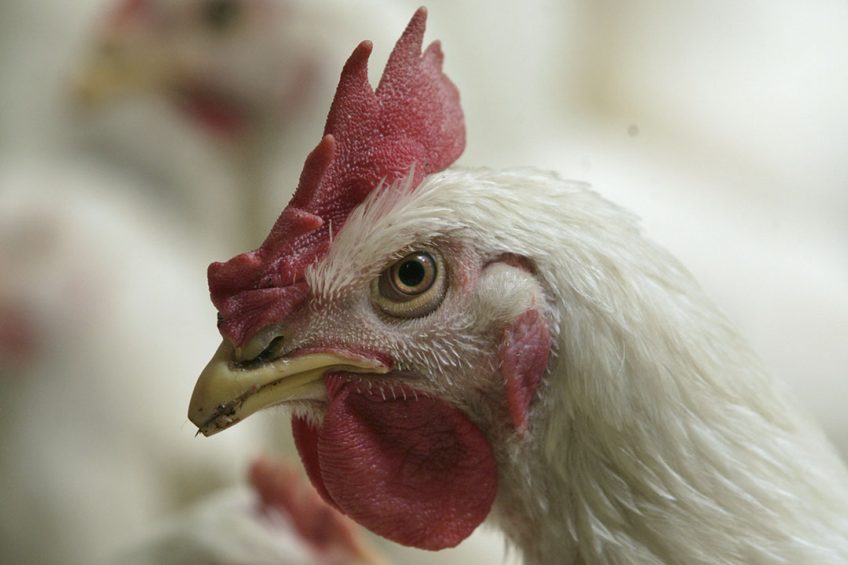Antimicrobial resistance on the rise

A new report has found antimicrobials used to treat diseases that can be transmitted between animals and humans, such as campylobacteriosis and salmonellosis, are becoming less effective.
The new findings were released by the European Centre for Disease Prevention and Control (ECDC) and the European Food Safety Authority (EFSA) and uses data from 2017.
Resistance to fluoroquinolones
Resistance to fluoroquinolones (such as ciprofloxacin) is so high in Campylobacter bacteria in some countries that these antimicrobials no longer work for the treatment of severe campylobacteriosis cases.
And most countries reported that salmonella in humans is increasingly resistant to fluoroquinolones.
In Campylobacter, high to extremely high proportions of bacteria were found to be resistant to ciprofloxacin and tetracyclines. However, combined resistance to critically important antimicrobials was low to very low in Salmonella and Campylobacter from humans and animals, and in indicator E. coli from animals.
Ring alarm bells
Marta Hugas, EFSA’s chief scientist, said: “We have seen that when Member States have implemented stringent policies, antimicrobial resistance has decreased in animals. Annual reporting by European and national agencies includes noteworthy examples. This should serve as an inspiration for other countries.”
Vytenis Andriukaitis, EU commissioner for health and food safety, added: “The report released today should ring – again – alarm bells.
Also read: Global Conference on AMR: Starkest health challenge
“It shows that we are entering into a world where more and more common infections become difficult – or even sometimes impossible – to treat. However, ambitious national policies in some countries limiting antimicrobial use have led to a decrease of antimicrobial resistance.
The joint report, which presents the data collected from 28 EU Member States from humans, pigs and calves under one year of age, confirms the rise in antibiotic resistance already identified in previous years.
Join 31,000+ subscribers
Subscribe to our newsletter to stay updated about all the need-to-know content in the poultry sector, three times a week. Beheer
Beheer








 WP Admin
WP Admin  Bewerk bericht
Bewerk bericht